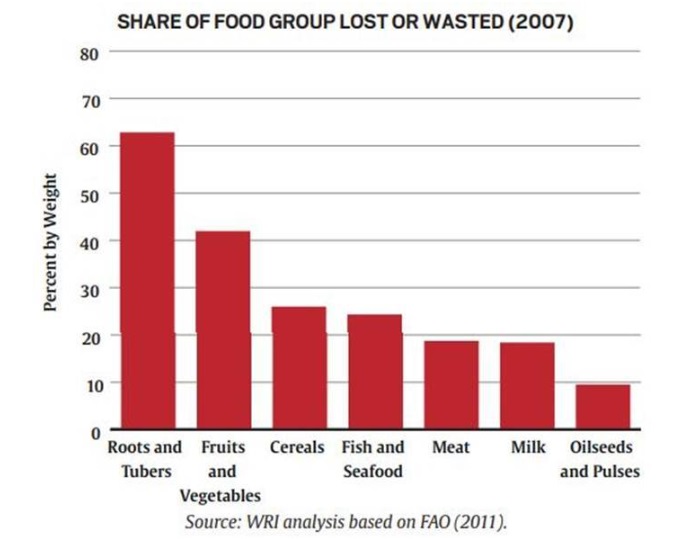7667766266
enquiry@shankarias.in
Costs of wasted food to the global economy

India’s interim government in 1946
Professor Emeritus
Source: PIB, The Indian Express